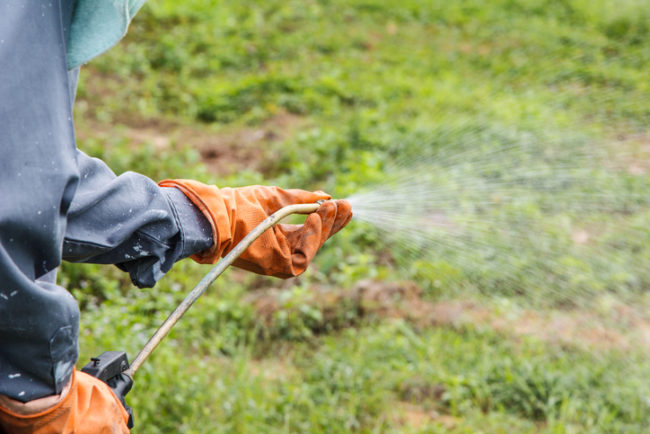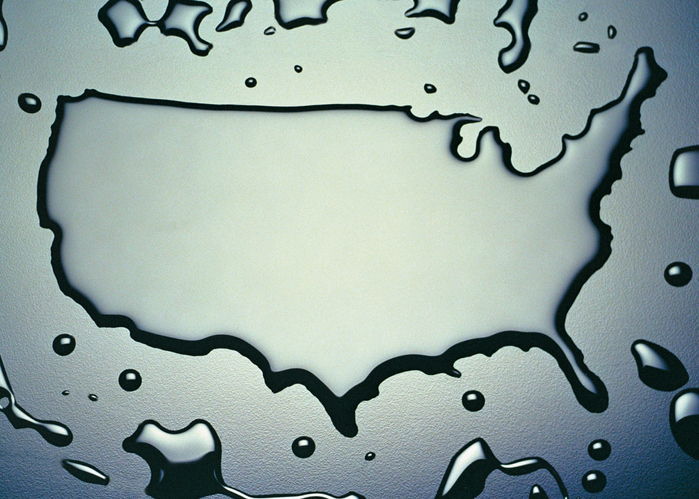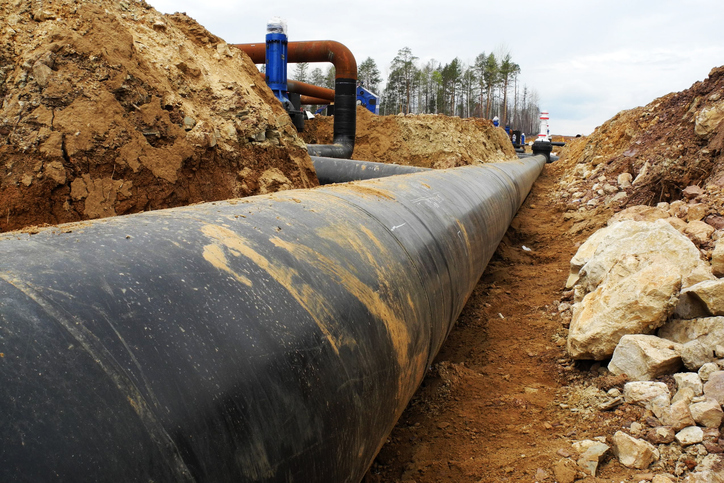Previously, we reported two significant jury verdicts involving alleged exposure to glyphosate-containing Roundup, including a $289 million verdict and an $80 million verdict, both occurring in California courts within the past year.
In another plaintiff’s victory, an Alameda County jury has reached a record-setting $2 billion verdict against Monsanto — the largest in history involving alleged exposure to glyphosate. This is now the third consecutive herbicide trial where a jury has found in favor of plaintiffs.
The plaintiffs in this case, Alva and Alberta …
Continue Reading









